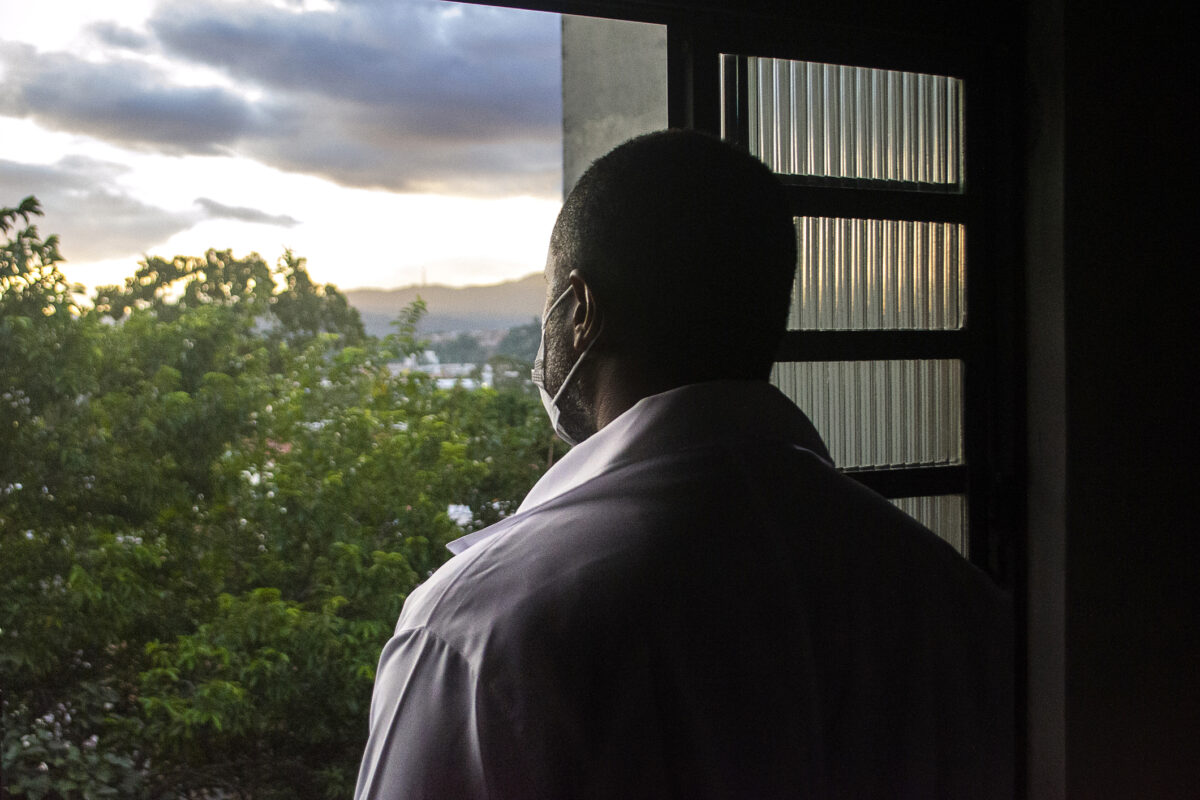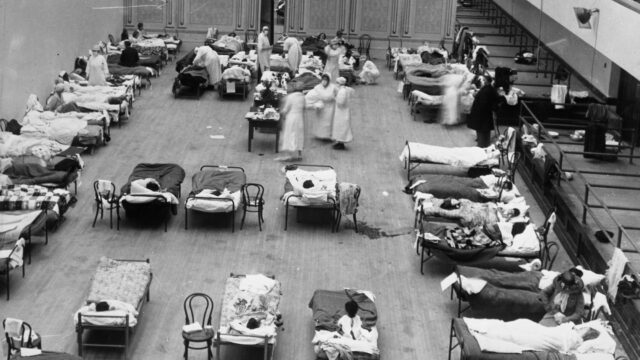A pandemic can give you a new perspective.

By now you’ve had scores of people (friends, family, talking heads, and online commentators) tell you what to think about the COVID-19 pandemic.
But you don’t have to be told how hugely it has interrupted society on almost every level. The simple pleasures we enjoyed until a few weeks ago—going to church, eating meals in restaurants, shopping without looking like doctors dressed for surgery—have all been taken from us.
Those simple pleasures have been replaced by fear, isolation, suspicion, and curiosity about whether life will ever again be “normal.”
As one who has tried to play by the rules (maintained social distancing, worked from home), I can’t help but think of those who have it much worse than I do. I live in a comfortable home with a woman who loves me. I have friends and family who are only a computer click away. Even without hoarding, my wife and I have enough food in our pantry to survive on a desert island until help arrives.
But the number of those without jobs is steadily climbing. And it isn’t hard to imagine people who live in crowded homes and apartments whose cupboards are bare and the aroma of desperation hangs in the air. The sad reality is that this will last for weeks, if not months.
Perhaps you’ve noticed an interesting evolution among the screen images you’ve seen since the pandemic hijacked our normal lives. At first, sports and media figures showed themselves self-isolating. Their homes often featured decorations and furnishings inspired by photo spreads in Home Beautiful. Then within a few days we saw them entertaining themselves, often performing with their peers and the assistance of Internet technology.
Then entertainers began working to raise money for various humanitarian causes: health-care supplies, meals for medical providers, support for food banks, relief for those who are unemployed.
I find comfort in these latter images. For while our lives have all been disrupted, many of us are suffering more than others. These demonstrations of awareness and support reinforce the reality of our common humanity. While some have used the current situation to sow suspicion and disunity, a greater number have joined hearts and resources to reflect our heritage as daughters and sons of God.
This is a good time to remember and put into practice Jesus’ words: “Give to the one who asks you, and do not turn away from the one who wants to borrow from you” (Matt. 5:42). And because we live in a moment when people in need don’t always carry cardboard signs that say “Homeless. Please Help,” we should search out agencies in our neighborhoods where we can donate food, diapers, and money to help others until this present crisis is over.
The last few weeks have reminded us that while there are things we can control, many things are beyond our control. We don’t know what will happen tomorrow, let alone a month from now. People have every reason to be anxious.
But this is no time to be discouraged. Thinking of others is the best cure for anxiety.








